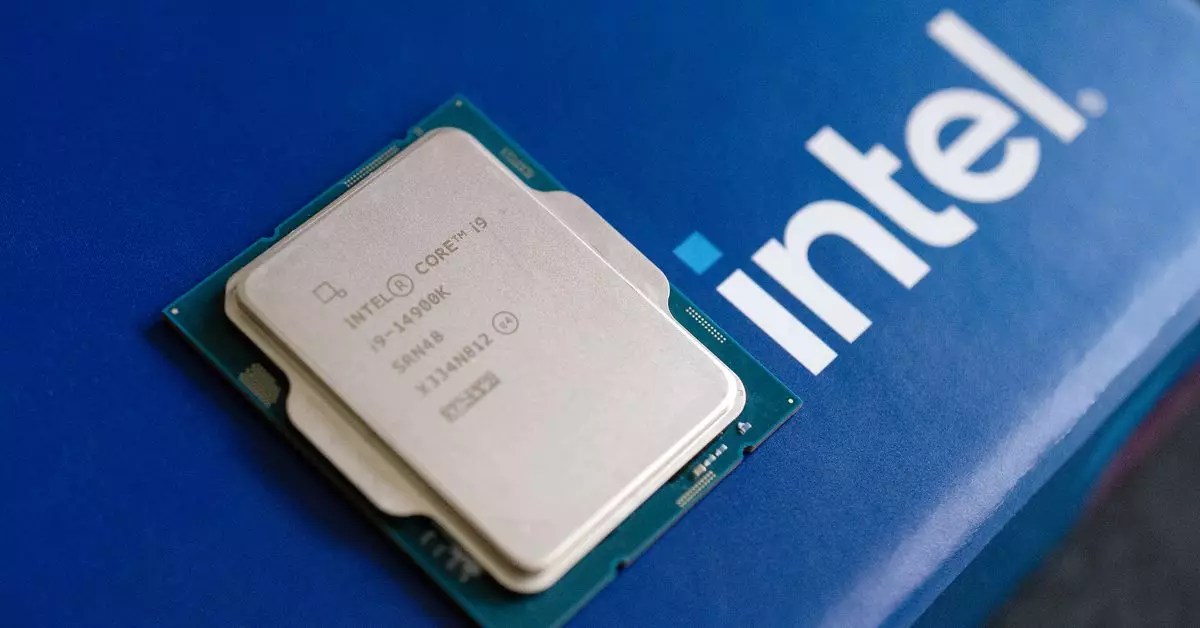Alderon Games, the creator of the popular dinosaur MMO Path of Titans, has recently made a bold move by deciding to swap out its Intel 13th and 14th Gen-based servers for AMD processors. The company’s founder, Matthew Cassells, cited “significant” instability issues that have not been resolved despite multiple attempts.
Cassells revealed that Alderon has experienced “thousands of crashes” on gamers’ CPUs using its crash reporting tools. Additionally, he expressed concern that the affected processors have the potential to corrupt SSDs and memory. According to Cassells, in their team’s experience, all of the affected CPUs eventually deteriorate over time, leading to complete failure.
While Alderon Games has raised alarms about the reliability of Intel processors, RAD Game Tools, a company mentioned in the blog post, has contradicted some of these claims. RAD Game Tools stated that “only a small fraction” of the processors are actually affected by the reported issues.
The spotlight has been shining on Intel’s i9-13900K and i9-14900K CPUs, with allegations that these processors are causing storage and memory corruption, leading to server crashes. This controversy began in April when Intel started investigating game crashes on home computers using their chips. Although Intel initially blamed improper overclocking settings on motherboards, the issue persists even on server hardware with more conservative settings.
Recent feedback from the gaming community has further fueled concerns about Intel’s processors. A Warframe developer highlighted that the majority of crashes they recorded were linked to driver failures in 13th- and 14th-Gen Intel processors. Interestingly, one staff member noticed a significant improvement in stability after installing a BIOS update, despite Intel’s previous statements downplaying the significance of the issue.
The decision by Alderon Games to transition to AMD processors underscores the growing unease surrounding Intel’s 13th and 14th Gen CPUs. While conflicting reports from different sources may muddy the waters, the overall message is clear: there are serious issues affecting the stability and reliability of Intel processors. As the tech community continues to monitor developments in this space, it will be interesting to see how Intel responds to these mounting concerns.


Leave a Reply